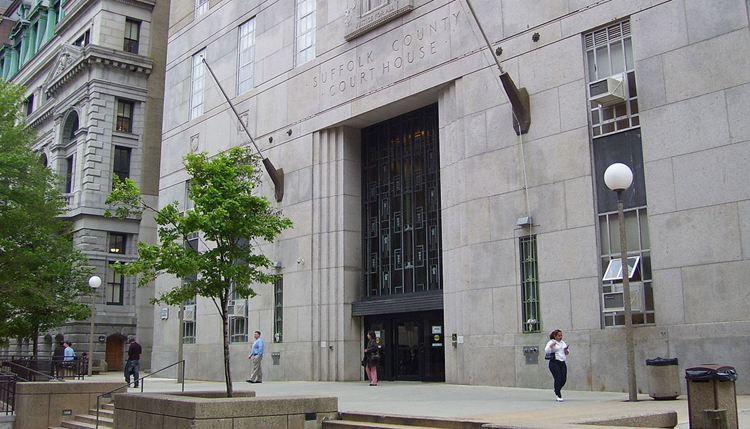On Thursday a Suffolk County Superior Court Judge dismissed the city of Boston’s lawsuit that attempted to stop construction of Wynn Resorts $1.7 billion casino being developed in neighboring Everett.
The ruling issued by Judge Janet Sanders affirmed that the Massachusetts Gaming Commission (MGC) acted properly when it selected Wynn Resorts for the lone casino license for the Boston area. Sanders said that the “undisputed facts” showed that MGC committed no wrongdoing, and that rather than support their allegations with facts, lawyers for the city of Boston relied on “inflammatory descriptions,” “spurious” claims and “hyperbole” in their attempt to prove favoritism by the Commission and its chairman Stephen Crosby.
Edging out rival bids by racetrack operator Suffolk Downs and Mohegan Sun; in September 2014 Wynn was awarded the sole Greater Boston area casino license. To reflect the city’s ‘host community’ status, the Mohegan Sun promised a lump sum of $30 million to Boston with another $18 million annually. Martin Walsh, Boston’s mayor, believed that Wynn should also compensate the city along those lines for the additional traffic the resort-style casino would add to the already congested Sullivan Square, which is near the proposed site on the Mystic River waterfront.
Instead, Wynn offered the city considerably less at $6 million upfront and $2.6 million annually. That deal was promptly rejected by Walsh. The mayor’s refusal to negotiate led to the city’s ‘surrounding community’ status being stripped by the MGC. That eliminated Boston’s legal right to any compensation prompting Walsh’s legal onslaught.
A similar suit was also dismissed by Sanders. Set to host the Mohegan casino, the city of Revere failed to show it would be subject to any harm beyond “the loss of potential economic benefits it may have received” if it had been selected, according to WBUR News and Wire Services.
Welcoming the ruling by Sanders, MGC spokesperson Elaine Driscoll said it was her hope that the city and Wynn would now be able to “reconcile their differences through open dialogue and negotiation as opposed to legal action.” According to Walsh, Boston officials are weighing their options and are in the processes of deciding whether or not to appeal Sander’s ruling. The mayor said he had yet to read the 24-page ruling. To date, the legal fight has cost the city of Boston $1.25 million.
That being said, the mayor claimed the city was still working with state officials on a resolution to the traffic issues that would satisfy both parties, and that among those “at the table” working to solve the problems were Wynn staff.



